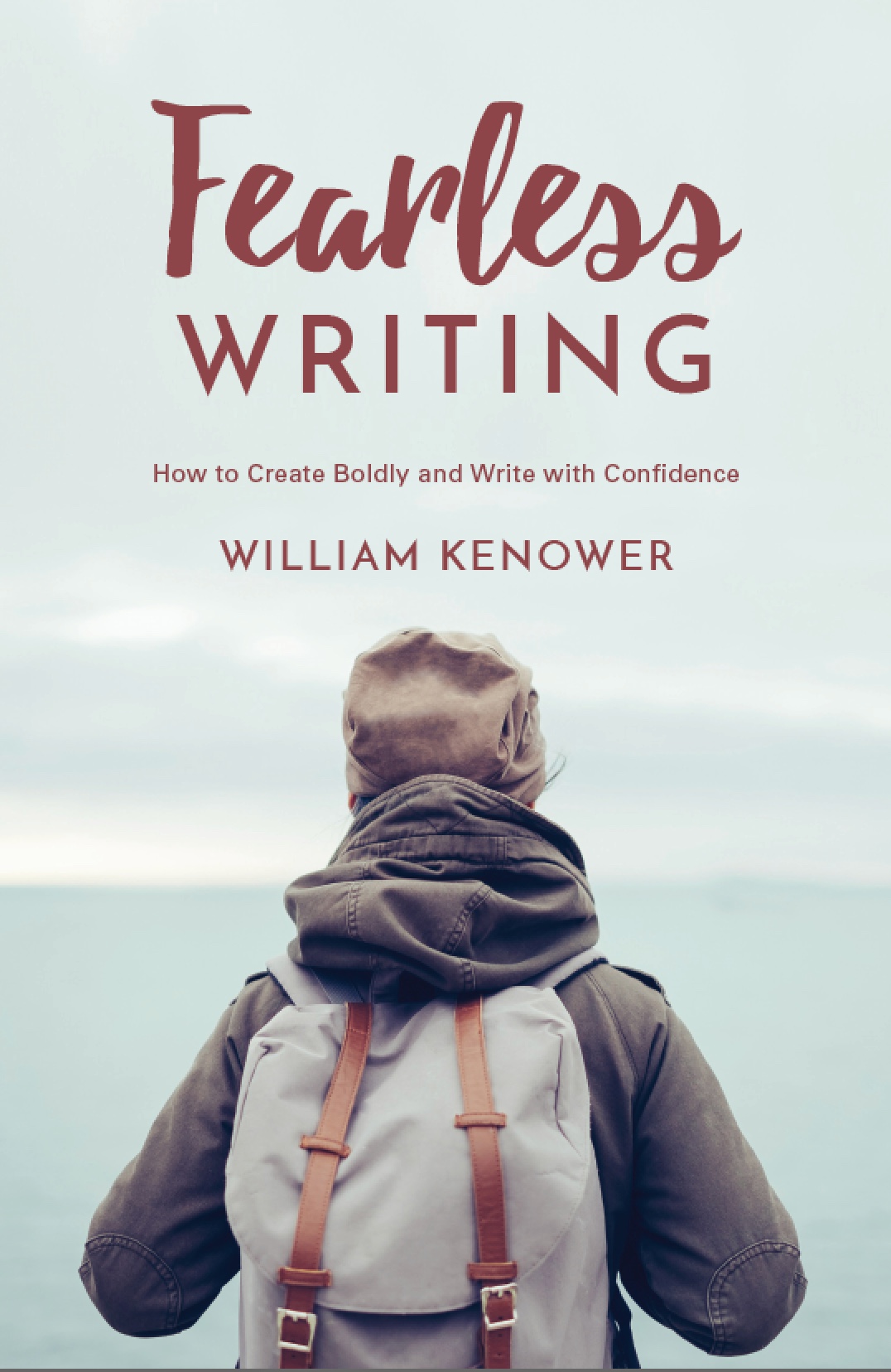Mastery
Most writers begin understanding certain parts of writing better than other parts. For instance, when I was a teenager I had an instinctive understanding of dialogue. I understood it well enough that when I was sixteen I explained to my younger brother that characters rarely say exactly what they mean, that it is always better when they talk about one thing – like the weather – but really mean another – like how uncertain life is. That’s advice I’d still give thirty yeas later. What did not come so naturally to me was what we call “description.” When I encountered it in the books I read, I often found it boring, something I might skip to get to the cool parts. I knew you needed a certain amount of it so your characters weren’t wandering in a bald moonscape, but the only value I could find in writing a good description as opposed to a boring description is that the former proved what a good writer I was. It felt like a necessary showing off, as if writers were all figure skaters required to hit a certain number of triple axles.
Then shortly before I started college I picked up a collection of T. S. Eliot’s poems, and after reading them one afternoon actually said aloud, “Oh. I get it.” What I got was that “description” was actually an attempt to recreate the emotional experience of being alive and in the world. Now that was cool. What does it feel like to stand in a crowded bus station? What does it feel like to see someone you find beautiful? What does it feel like to watch a clock when you’re waiting for school to end? The words I chose to render the world were, hopefully, portals into my most intimate understanding of life.
Now I got it, meaning I understood that describing something was an act of love rather than of fear. Now I could write toward the sharing of life as I felt it rather than away from the fear that I wasn’t clever enough to stick some literary landing. I spent the ensuing years learning to master this by the exact same means I have used to master anything: by learning again and again that fear is only the belief that there is ever an answer other than love.
If you like the ideas and perspectives expressed here, feel free to contact me about individual and group coaching.
Fearless Writing: How to Create Boldly and Write With Confidence. You can find William at: williamkenower.com


